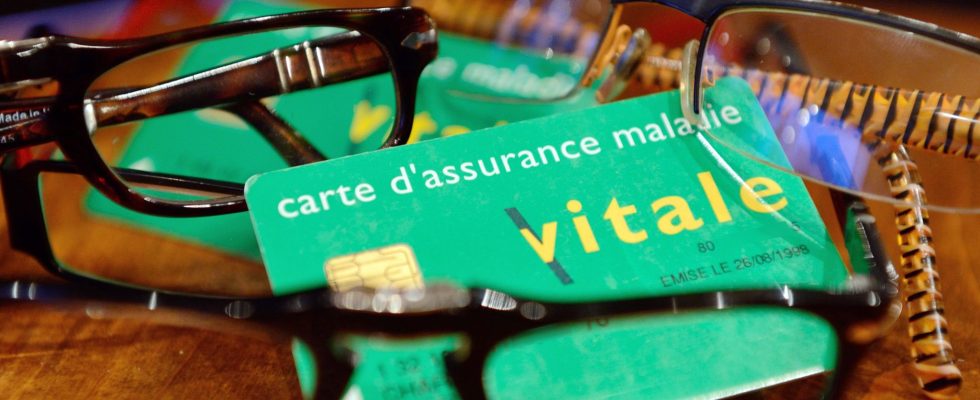“Very strong reservations”. This is the opinion of Health Insurance on the plan to merge the identity card with the Vitale card envisaged by the government, according to an official report published Thursday, June 1.
The Minister Delegate for Public Accounts Gabriel Attal unveiled Monday, May 29 a vast plan to fight against social fraud, including a project to merge the national identity card with the Vitale card. The government must launch a prefiguration mission by the beginning of July, in order to “work on the legal and technical implementation” of this merger.
But a letter from Health Insurance dated April 3, appearing in a report by the General Inspectorate of Social Affairs (Igas) and the General Inspectorate of Finance (IGF) published Thursday, shows that this is not favorable to the project, believing that it does not seem to meet “any need”.
A minimal effect in the fight against fraud
The “added value in the fight against fraud remains entirely to be demonstrated”, since “the amounts of fraud likely to be linked to fraudulent use of the Vitale card are minimal”, writes in this letter the director general of the Cnam, Thomas Fatome.
In addition, the project could “weaken” the deployment of the Vitale card application on smartphones, which could replace, for those who wish, the small green card, he believes.
The Igas/IGF report itself takes a more positive view, considering in particular that the merger could solve “recurring difficulties” on the attachment of minor children, and recommends a detailed study of the technical feasibility and opportunity of the project. .
Fraud mainly committed by professionals
The merger of the Vitale card/identity card would make it possible in particular to combat identity fraud, where one person uses another’s card. But this identity fraud is “residual in the number of cases detected […] and in amount”, recalls the report of the Igas / IGF. Indeed, three quarters of the frauds with the benefits of the Health Insurance Fund are frauds committed by professionals.
The remaining quarter is indeed attributable to users, but the two most important items – fraud in daily allowances (sick leave) and fraud in complementary health insurance – do not involve the Vitale card.
According to the Court of Auditors, the annual amount of fraud relating to health insurance can be assessed at “between 3.5 and 4.6 billion euros”.
